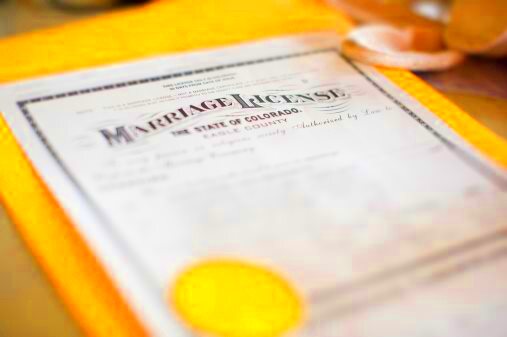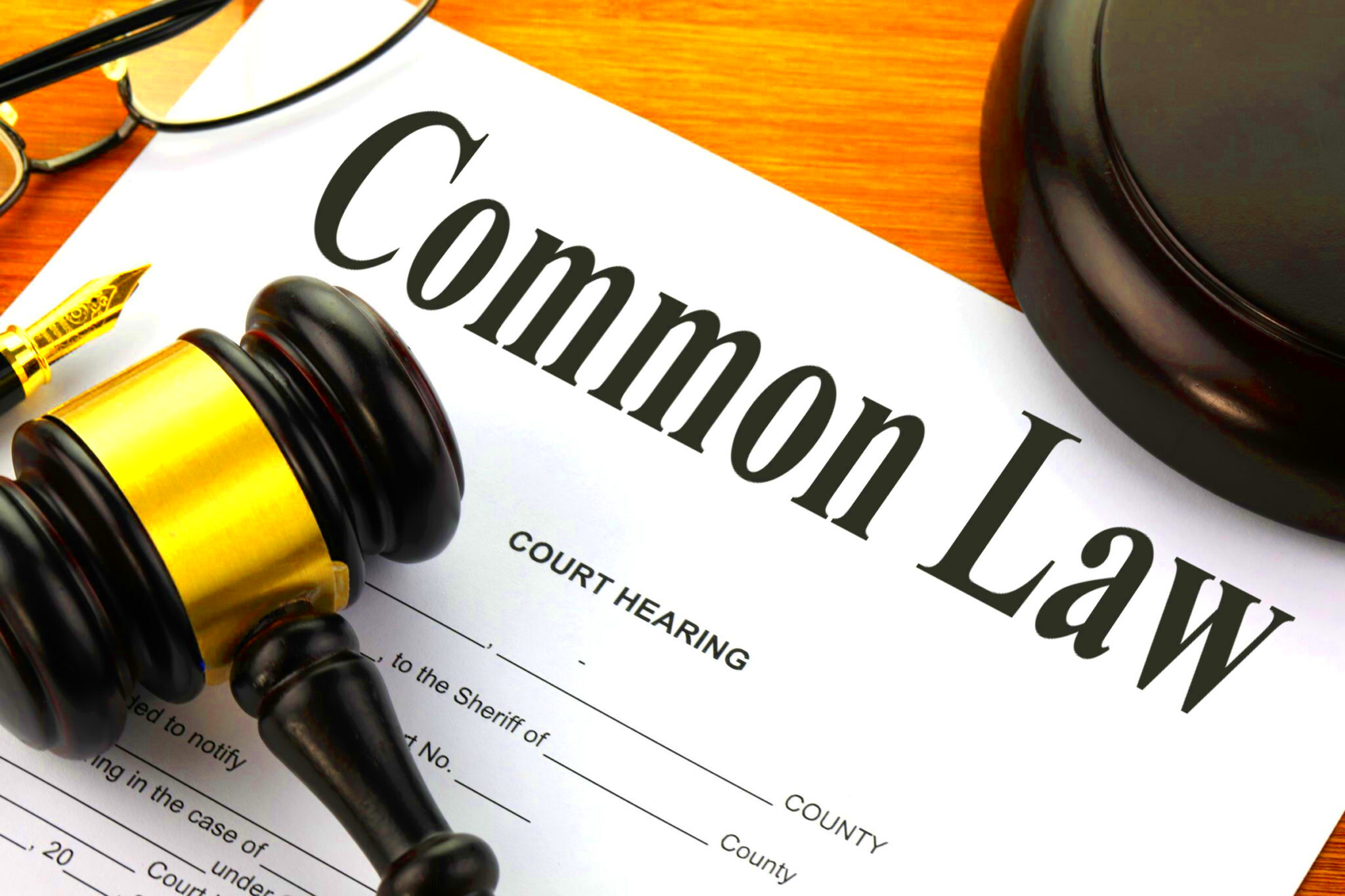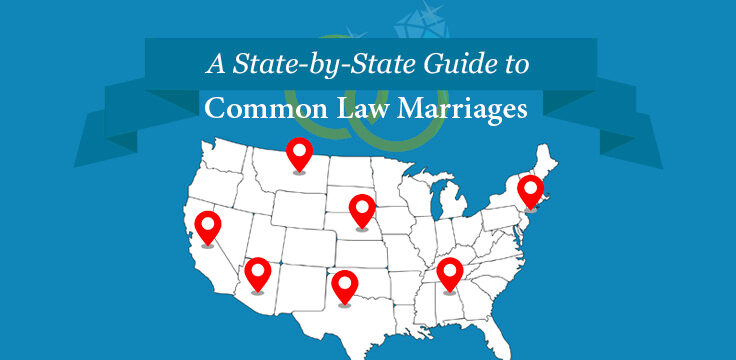Common Law Marriage in Kansas: What Couples Should Know
Common law marriage stands out as an unusual feature within family law in Kansas. In contrast to the ordinary marriage, the common law marriage does not necessitate a marriage ceremony or a license. Instead, it relies on the combined will of two individuals to view themselves as husband and wife. Nevertheless, this idea can be troubling for some people who may have difficulty in comprehending its legal connotations. In Kansas state, common law marriage is considered as a legitimate type of matrimony but has particular norms and regulations associated with it. This piece examines everything that there is to know about common law marriages in the Sunflower State.
Requirements for Establishing Common Law Marriage

Before you can get married common law in Kansas there are certain conditions that must be met by the couple involved in order to do so. Below are some of them:
- Mutual Agreement: Both partners must agree that they are married. This mutual consent is crucial.
- Co-habitation: The couple must live together for a significant period. While there’s no set duration, cohabiting is a key factor.
- Presenting as Married: The couple should present themselves to the public as a married couple. This could include using the same last name, sharing financial responsibilities, or referring to each other as spouses.
- Legal Age: Both partners must be of legal age (18 years or older) to enter into a marriage.
Couples should make sure they know that it may be difficult to establish a common law marriage, particularly if they later have some legal problems. It is therefore recommended that you hold on to proof of the specified criteria above.
Benefits of Common Law Marriage in Kansas

On the other hand, common law marriage has some advantages for couples. For example, here are some benefits:
- Legal Recognition: Once established, a common law marriage has the same legal standing as a traditional marriage in Kansas. This means couples can enjoy all the legal rights and responsibilities that come with marriage.
- Property Rights: Common law spouses have rights to property acquired during the marriage. In case of separation or death, they can make claims similar to those of traditional spouses.
- Health Benefits: Common law spouses may be eligible for health insurance and other benefits through their partner’s employer.
- Social Security Benefits: Common law marriages allow partners to access Social Security benefits, including survivor benefits.
Nevertheless, we need to bear in mind that alongside these advantages there are certain duties. Couples should know their legal requirements and entitlements as per the common law marriage clause so as to stay clear of any conflicts afterwards.
Challenges and Legal Considerations for Couples

On the one hand, common law marriage has a plethora of advantages; on the other hand, it is not without challenges and legal implications. However, only when they face problems do most couples become aware of its intricate nature. By being familiar with such challenges, couples can have better relationships and steer clear of dangers.
The following are a few challenges that couples typically encounter:
- Proving the Marriage: One of the biggest challenges is proving the existence of a common law marriage. Without a marriage certificate, couples may need to gather evidence, such as joint bank accounts or shared property, to validate their status.
- Lack of Legal Clarity: Many people are unaware of the laws surrounding common law marriage, which can lead to confusion and misunderstandings, especially in legal matters.
- Separation Issues: Ending a common law marriage can be complex. Couples might face challenges similar to those in a traditional divorce, including property division and custody disputes.
- Social Stigma: In some circles, common law marriages may not carry the same weight as traditional marriages, leading to potential social challenges.
Having a discussion with a family law expert could assist them in understanding what they are entitled to and what is expected of them when going into common law marriage; thus this would help maintain their relationship.
How to Prove a Common Law Marriage
Establishing a common law marriage can be tougher than it looks. Because there is no marriage license or any formal wedding event, couples must produce legally acceptable evidence. Here’s how to properly verify one in Kansas:
- Gather Documentation: Collect any documents that demonstrate your relationship, such as:
- Joint bank account statements
- Leases or property deeds in both names
- Insurance policies naming each other as beneficiaries
- Shared utility bills
- Affidavits from friends and family attesting to the relationship
- Maintain Consistent Communication: Regularly refer to each other as spouses in conversations and public settings. This helps establish the perception of your relationship.
- Consult with an Attorney: If needed, consult a family law attorney who can guide you on how best to document and prove your common law marriage.
Without any formal document saying two people are legally wed, they must keep a record of all things regarding their union just in case court question comes up later.
Ending a Common Law Marriage
As a virtue of the traditional marriages, common law marriages can also come to an end but in different ways. Here’s what you need to know:
Bear these in mind when you are thinking of dissolving your common law relationship:
- Legal Process: Ending a common law marriage involves a legal process similar to divorce. This may require filing for a divorce and addressing issues such as property division and child custody.
- Separation Agreement: Couples may want to draft a separation agreement to outline how they will handle financial matters and asset division. This can help minimize disputes later.
- Documentation: Just as in proving a common law marriage, it’s crucial to keep detailed records of all assets and financial obligations incurred during the marriage.
- Emotional Impact: Ending a relationship can be emotionally challenging. Seeking support from friends, family, or a counselor can be beneficial during this time.
For a smooth transition, it is essential for the couples to understand the legal implications and processes involved in ending a common-law marriage so that they can make informed decisions as they move on.
Frequently Asked Questions About Common Law Marriage
Frequently, couples and individuals have numerous inquiries about common law matrimony. Here are some of the most relevant frequently asked questions that can clarify the concept and its implications in Kansas.
- What is common law marriage? Common law marriage is a legal framework where a couple is considered married without a formal ceremony or marriage license, based on their mutual agreement and cohabitation.
- How long do you need to live together to establish a common law marriage in Kansas? While there is no specific duration required, couples must demonstrate mutual consent and cohabitation over time, along with presenting themselves as a married couple.
- Is common law marriage recognized in all states? No, not all states recognize common law marriage. Kansas does, but other states have different rules or may not recognize it at all. It’s essential to check the laws in your state.
- How can I terminate a common law marriage? Ending a common law marriage is similar to ending a traditional marriage. Couples need to file for divorce, and they may need to negotiate property division, custody, and support just like in a regular divorce.
- Can a common law marriage be converted to a formal marriage? Yes, couples can choose to formalize their relationship by obtaining a marriage license and having a ceremony if they wish.
- What if one partner denies the existence of the common law marriage? In such cases, the partner seeking to prove the marriage will need to provide evidence to support their claim, which can include documentation and witness testimonies.
Conclusion on Common Law Marriage in Kansas
In Kansas, common law marriage may serve as an alternative for couples who want their union recognized but do not want to go through all the formalities associated with a regular marriage. Nevertheless, although there are many benefits that come along with this type of union, there are also some challenges that need to be considered in proving the marriage and dealing with legal issues during divorce proceedings. Therefore before embarking on this journey, couples must understand their legal rights and obligations while seeking legal counsel in order to avoid unnecessary hurdles.


